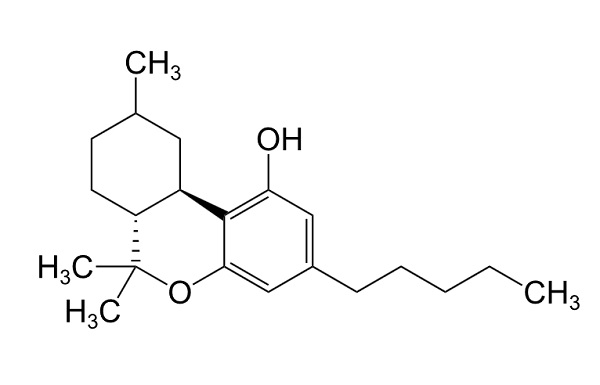
On Tuesday 1 August 2023, Luxembourg's Ministry of Health announced that the authorities are taking measures to prevent risks linked to synthetic cannabinoids and, as a result, are regulating Hexahydrocannabinol (HHC) in the Grand Duchy.
According to the ministry, since 2006, synthetic cannabinoids (cannabinoids of non-natural origin) have appeared in 'legal high' products such as 'Spice' or 'K2'. This phenomenon has spread globally and has led to a proliferation of these substances. Hexahydrocannabinol (HHC) appeared on the US market in 2021 and was first detected in Europe in Denmark in 2022. Since then, 20 Member States of the European Union as well as Norway have notified the presence of these substances via the alert system of the European Monitoring Center for Drugs and Drug Addiction (EMCDDA).
Although HHC has been known for more than eight decades in scientific circles, no pharmacological or toxicological studies have been conducted on humans to date. However, from a pharmacological point of view, the effects in terms of acute behavioural and psychological disorders of HHC are very similar to those experienced by users of cannabis and other products containing Δ9-THC.
According to the ministry, the Luxembourg authorities reacted very early to the appearance of synthetic cannabinoids, by extending their list of psychotropic substances from 2009. Through the amended Grand-Ducal regulation of 20 March 1974 concerning certain psychotropic substances, the list of psychotropic substances was extended to all synthetic cannabinoid receptor agonists or synthetic cannabinomimetics. Semi-synthetic cannabinoids such as HHC fall within the scope of this regulation.
At the time, Luxembourg was one of the first countries in the European Union to adopt such generic regulations. The Luxembourg authorities continue to take measures to prevent and reduce the risks and harm associated with the use of these substances, in the interest of public health.








